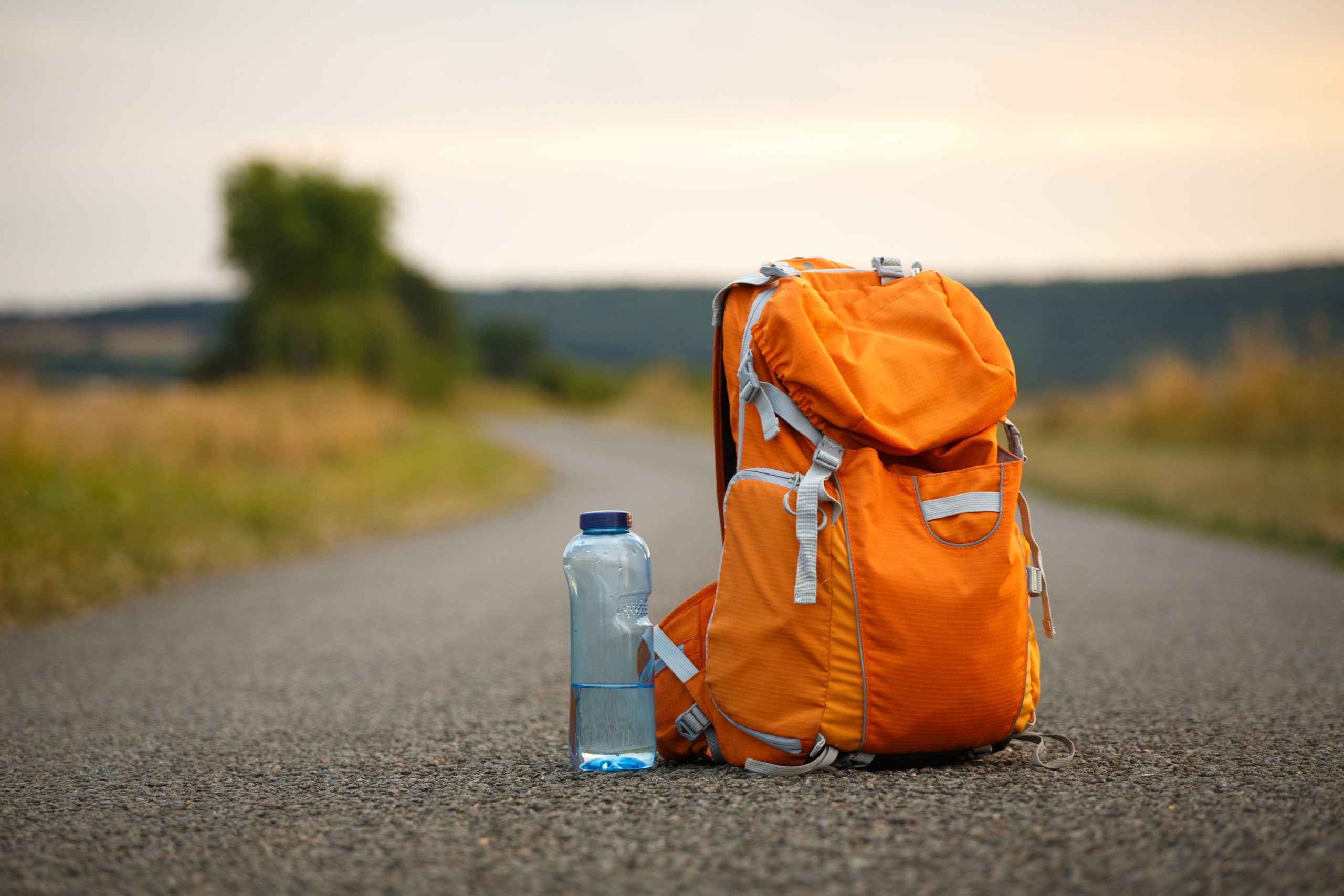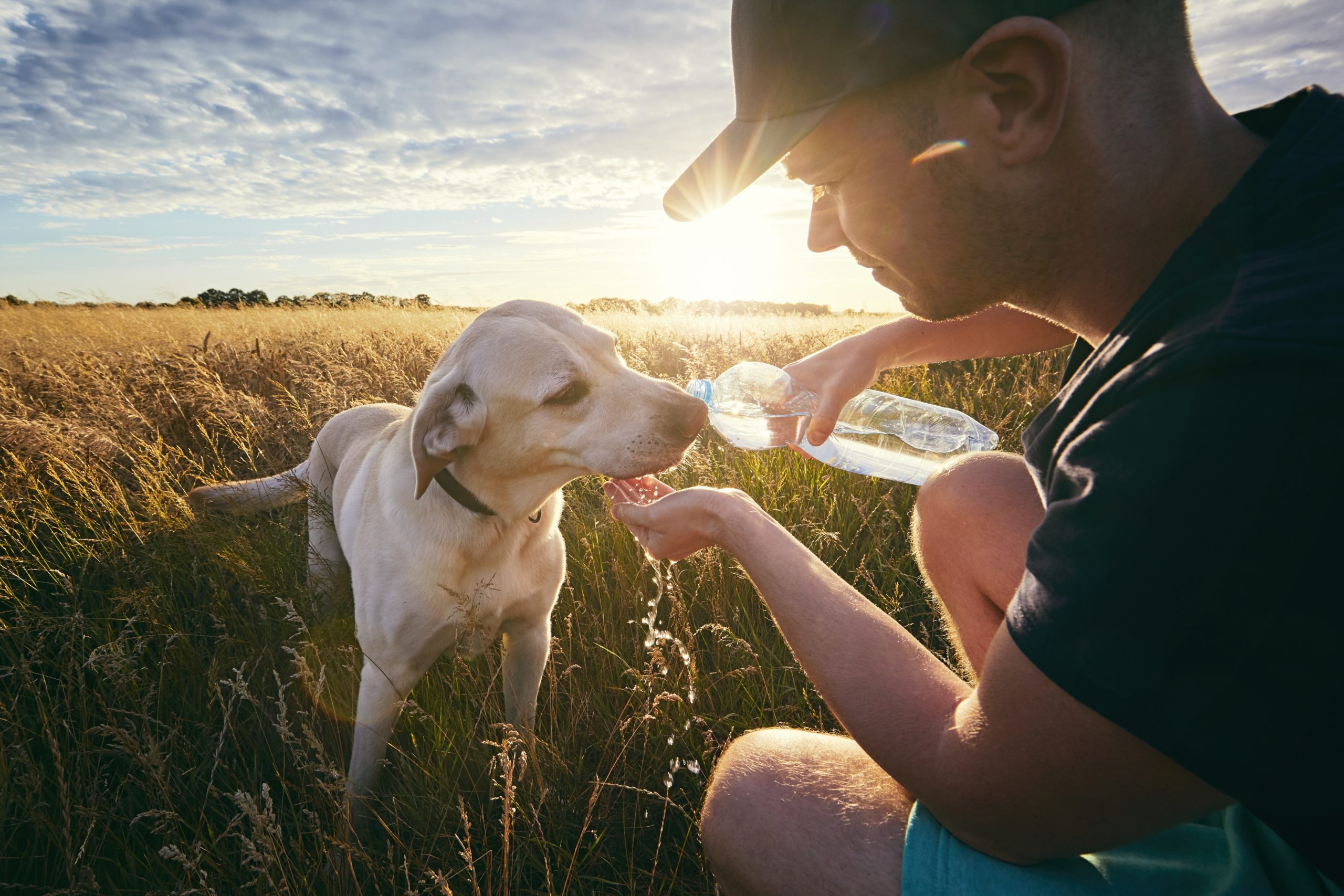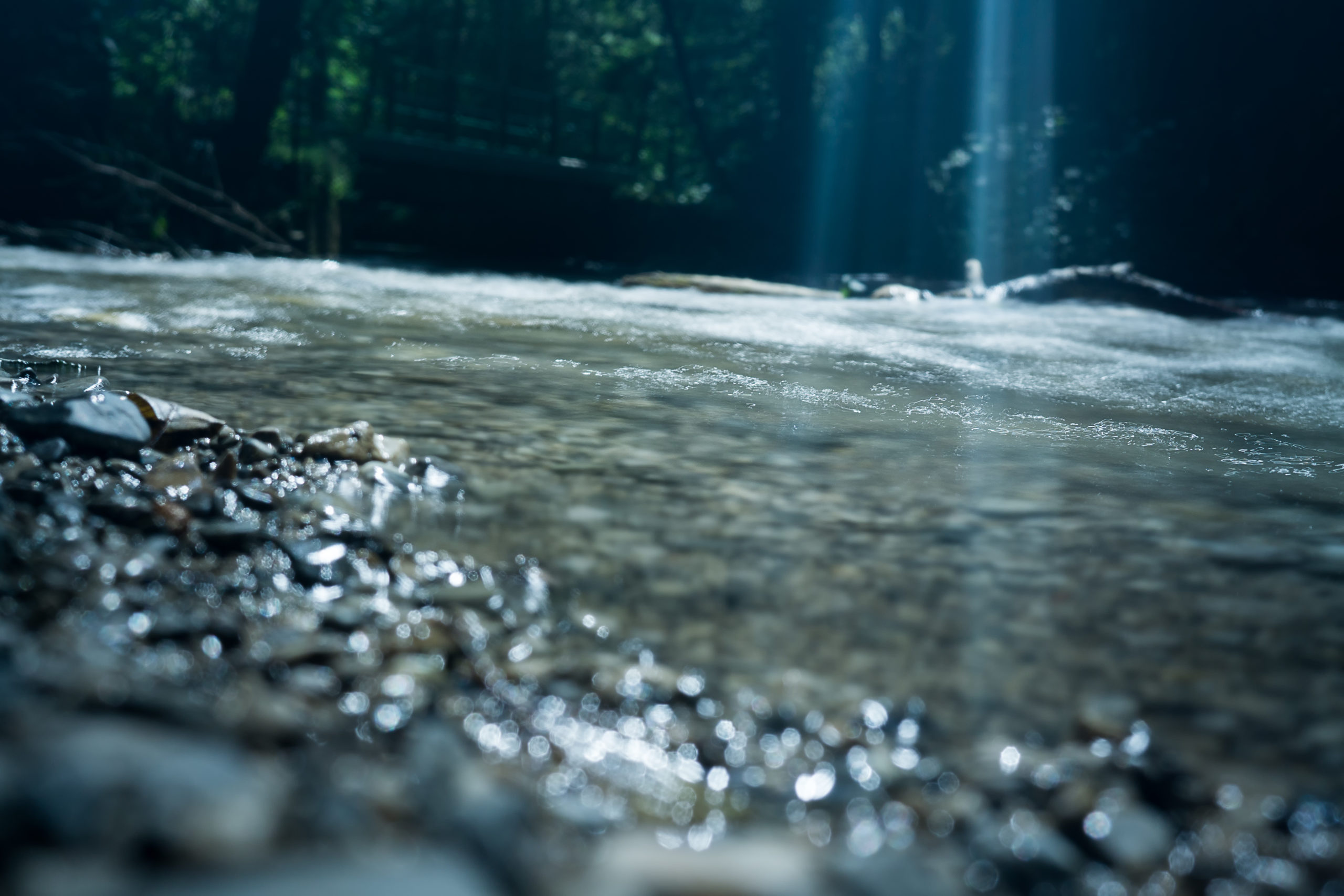
Water stewardship, which places a priority on partnerships and capacity building, is a recent concept that sees high volume water users taking both responsibility for and credit for responsible water management, right across the water usage cycle.
SANBWA’s environmental policy already encourages members to improve their environmental stewardship with respect to water to ensure effective water management-cradle to grave, including source protection, efficient water usage and responsible effluent practices.
Our aim is to ensure that we continue to regard South Africa’s water resources with the utmost respect, and to understand how this respect can be evaluated and quantified.
Water stewardship is a recent concept that acknowledges that high volume water users can take both responsibility for and credit for responsible water management, right across the water usage cycle. At the same time, it places a priority on partnerships and capacity building.
This is how the Government of British Colombia, Canada, describes the concept: ‘Water stewardship is an ethic by which British Columbians care for, and are responsible for, the sustainability of our water resource and aquatic ecosystems’.
Currently, our requirement for bottlers of natural waters is that a report is provided by a qualified hydrogeologist (a geologist who has specialised in the field of groundwater).


Bottled water production in South Africa is a very water efficient business in that it has an extremely low ‘water usage’ factor.
The term ‘water usage’ refers to how much water is used (volume) to make a finished product. This measure – sometimes called ‘water footprint’- includes both direct and indirect water usage (in the bottled water industry, that would be water for rinsing and sanitising bottles, plant and general cleaning and sanitation, vehicle washing, floor washing, toilets etc.) and includes water from boreholes and municipal source.
The South African industry benchmark is 1.8:1, but there are plants that achieve ratios of as low as 1.3:1 – 1.4:1 by recycling their bottle rinse water. If you are interested to see how the industry compares to other beverages click here and to other food products click here.